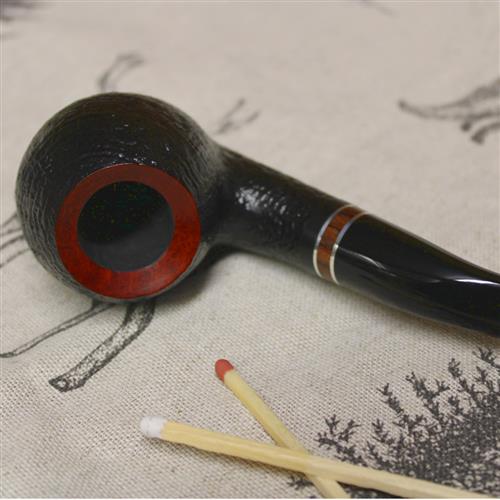Francesco
Francesco Padron and the Cuban Cigar Industry
Cigar history museums offer a great way to explore the fascinating history and culture surrounding cigars. With numerous cigar exhibitions and artifacts on display, these museums showcase the evolution of cigar culture as it stands today as a symbol of luxury and sophistication. This article delves into the origins of cigar culture, including the birth of the industry that produces the world-renowned Cuban cigars.
Historians generally believe that the cigar was invented by the ancient Mayans who would wrap the tobacco in a palm or a plant. Over time, smoking tobacco became commonly associated with relaxation, luxury, and prestige. By the turn of the century, many politicians and prominent figures had become cigar smokers, including iconic figures like Sigmund Freud, Mark Twain, and Winston Churchill. The allure of cigars as a symbol of status and class had reached its peak.
One of the most famous and sought after cigars are the Havana cigars or more commonly known, Cuban cigars. The island’s unique tobacco and soil conditions give Cuban cigars their distinct and coveted flavor. The Cuban cigar industry and its production process is shrouded in mystery and intrigue. To get a better understanding of this legendary industry, Cigar Aficionado had the opportunity to meet with the Head of Cubatabaco, Francisco Padron.
Cubatabaco is the government-controlled agency that oversees the production of cigars in Cuba. As the agency's top official, Padron is an expert in the Cuban cigar world. During the interview, Padron discusses the history of Cuban cigars, and how the industry has evolved over the years. He also provides insight into the complex system of production and distribution that ensures the exceptional quality of Cuban cigars.
Padron, who has worked in the cigar industry for over 30 years, is passionate about Cuban cigars. He talks about the Cuban soil and how the island's history and culture have contributed to the uniqueness of Cuban tobacco. The country's climate and the care that goes into growing the tobacco are essential to the final product. The production of Cuban cigars is heavily regulated, with the government maintaining tight control over the entire process, from the planting of the tobacco seeds to the finished product. The government oversees every aspect of the production, and only a select few are allowed to work in the factories.
Padron’s insights into the Cuban cigar-making process reveal the meticulous care that goes into each cigar. He talks about how each worker has a specific role in the production of the cigar, from the selection of the leaves to the rolling of the cigar. The leaves are selected based on their size, with the larger leaves used for the cigar wrapper, and the smaller leaves used for the filler.
Padron also talks about the importance of aging the tobacco, with each cigar spending several months in the factory’s aging room until it is deemed ready for consumption. The Cuban government regulates the quality of each cigar, allowing only the highest quality tobacco to be used in the production of Cuban cigars.
In conclusion, the history and culture surrounding cigars have evolved over time, with cigars becoming synonymous with luxury and prestige. The Cuban cigar industry, with its unique tobacco and soil conditions, has produced some of the world's most coveted cigars. With its complex system of production and distribution, the Cuban cigar industry is shrouded in mystery and intrigue. However, Francisco Padron's interview provides a rare glimpse into this legendary industry and the meticulous care that goes into each cigar's production.
